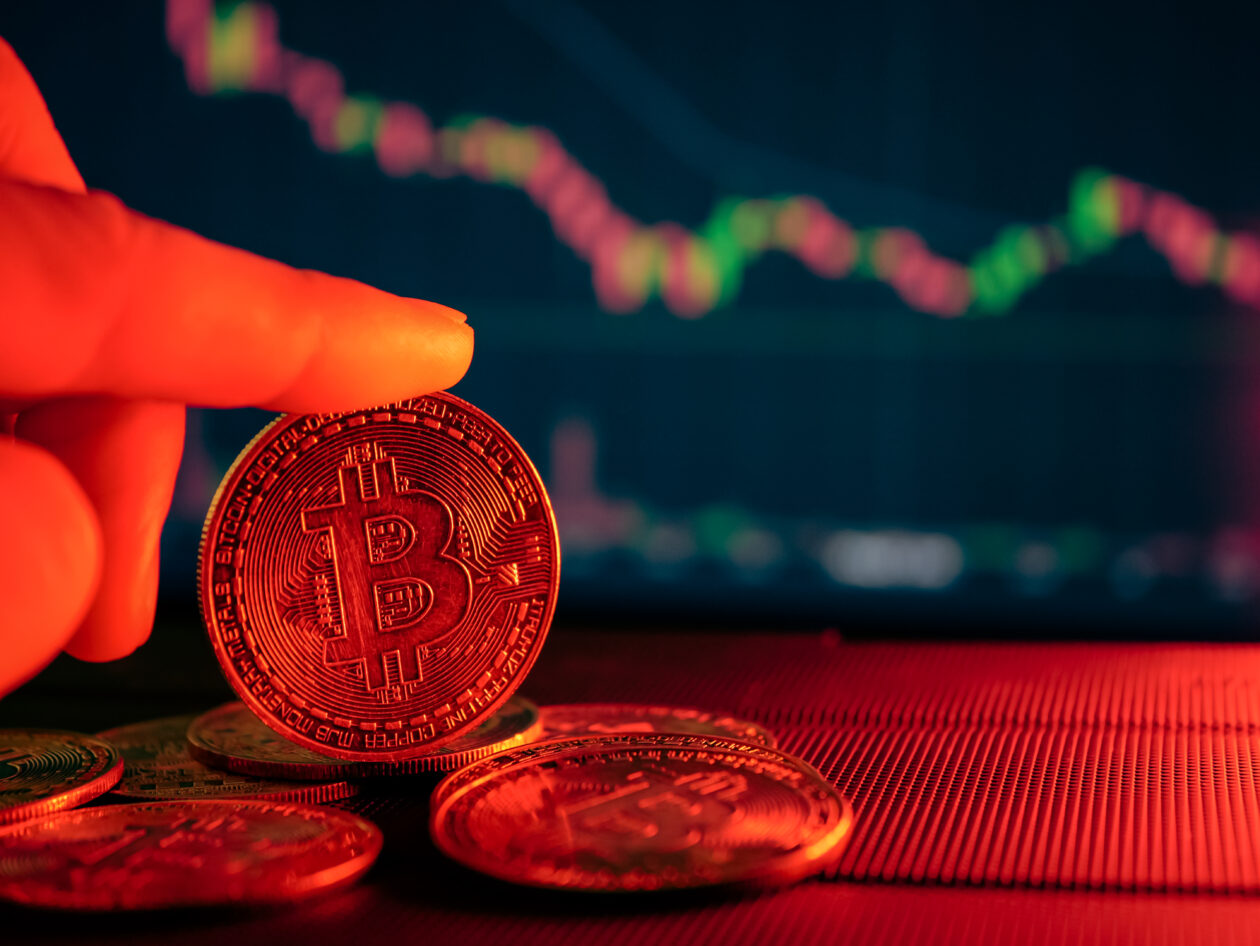India’s cryptocurrency exchanges are introducing a series of what they call longer-term investments to try and counter the plunge in crypto prices this year and a drop off in business as punishing taxes drive day traders away.
The products include staking to earn interest on cryptocurrency deposits, and dollar-cost-averaging functions to set aside funds to buy crypto on fixed dates, rather than trying to time the market.
Mumbai-based exchange CoinDCX, India’s first crypto unicorn, last week introduced a mobile wallet called Okto that gives access to an array of decentralized finance (DeFi) apps.
“In India, the current conditions favor long-term investment products as compared to spot or derivatives trading,” said Amanjot Malhotra, country head (India) of Turkey-based cryptocurrency exchange Bitay.
Bitay and other exchanges operating in India saw their business models upended when the government slapped a flat 30% tax on all crypto income from April 1. This was followed by a 1% tax deducted at source (TDS) on all crypto transactions above 10,000 Indian rupees (US$126) from July 1.
The TDS has slashed so-called scalp trading – buying and selling within seconds or minutes to profit from small price movements – as paying 1% on every trade erodes capital, Malhotra told Forkast in an emailed response to questions.
“On the other hand, in long-term investing, 1% TDS doesn’t matter as the investment frequency is too low to affect the capital inflow of the user.”
Skeptical
Trading volumes on India exchanges dropped as much as 70% after the 30% tax kicked in on April 1, according to a report by crypto researcher Crebaco.
The taxes and unfriendly regulatory authorities have prompted some companies to move out of India to Dubai and Singapore, while others focus on new services.
Subhash Chandra Garg, India’s former finance secretary and author of “The Ten Trillion Dream” on the country’s economy, is not sure the strategy to spin out new crypto products will work.
“These are all proxy products” for a speculative asset, Garg told Forkast in an interview.
Longer-term investment plans have been successful for stocks and other financial products, but if the fundamental instrument doesn’t inspire confidence then related products are unlikely to change that, he said.
That view isn’t stopping Indian exchanges from trying.
New ideas
CoinDCX introduced a yield-earning product in May that allows users to earn interest on cryptocurrency deposits. As many as 13% of the exchange’s active users have invested in the product so far, said Minal Thukral, executive vice president of growth and strategy at CoinDCX.
The company plans to introduce yield-farming in DeFi around staking, and decentralized lending and borrowing to give users more options across assets, Thukral told Forkast.
CoinDCX has about 2.5 million active users, with a total of 15 million registered across its web and other platforms, Thukral said, adding that the exchange has seen some decline in trading. He did not give specifics.
Indian crypto exchange CoinSwitch is taking product plans beyond cryptocurrencies and aims to introduce its first non-crypto product soon, said Ashish Singhal, the co-founder of CoinSwitch, declining to give further details.
“We are on a mission to evolve into a wealth tech platform by the end of this financial year,” Singhal told Forkast in an emailed response to questions. However, “We will continue to be crypto first and innovate our crypto offerings as a company,” he said.
CoinSwitch has 18 million registered users and does not share product-wise user data, Singhal said.





